![Braces in Rocklin, Roseville & Sacramento, CA Braces in Rocklin, Roseville & Sacramento, CA]()
Orthodontics and Facial Aesthetics: More Than Just Straight Teeth
May 21, 2025![This is a thumbnail image of blog Invisalign: The Secret to a Perfect Smile This is a thumbnail image of blog Invisalign: The Secret to a Perfect Smile]()
Invisalign: The Secret to a Perfect Smile
Nov 21, 2023![Braces in Rocklin, Roseville & Sacramento, CA Braces in Rocklin, Roseville & Sacramento, CA]()
Orthodontic Solutions for Adults: It’s Never Too Late for a Straighter Smile
Apr 16, 2025![This is a thumbnail image of blog Achieving Optimal Jaw Alignment: Surgical Orthodontics in Rocklin, Roseville & Sacramento, CA This is a thumbnail image of blog Achieving Optimal Jaw Alignment: Surgical Orthodontics in Rocklin, Roseville & Sacramento, CA]()
Achieving Optimal Jaw Alignment: Surgical Orthodontics in Rocklin, Roseville & Sacramento, CA
Nov 20, 2024![This is a thumbnail image of blog Understanding the Importance of a Retainer Program in Rocklin, Roseville & Sacramento, CA This is a thumbnail image of blog Understanding the Importance of a Retainer Program in Rocklin, Roseville & Sacramento, CA]()
Understanding the Importance of a Retainer Program in Rocklin, Roseville & Sacramento, CA
Oct 22, 2024
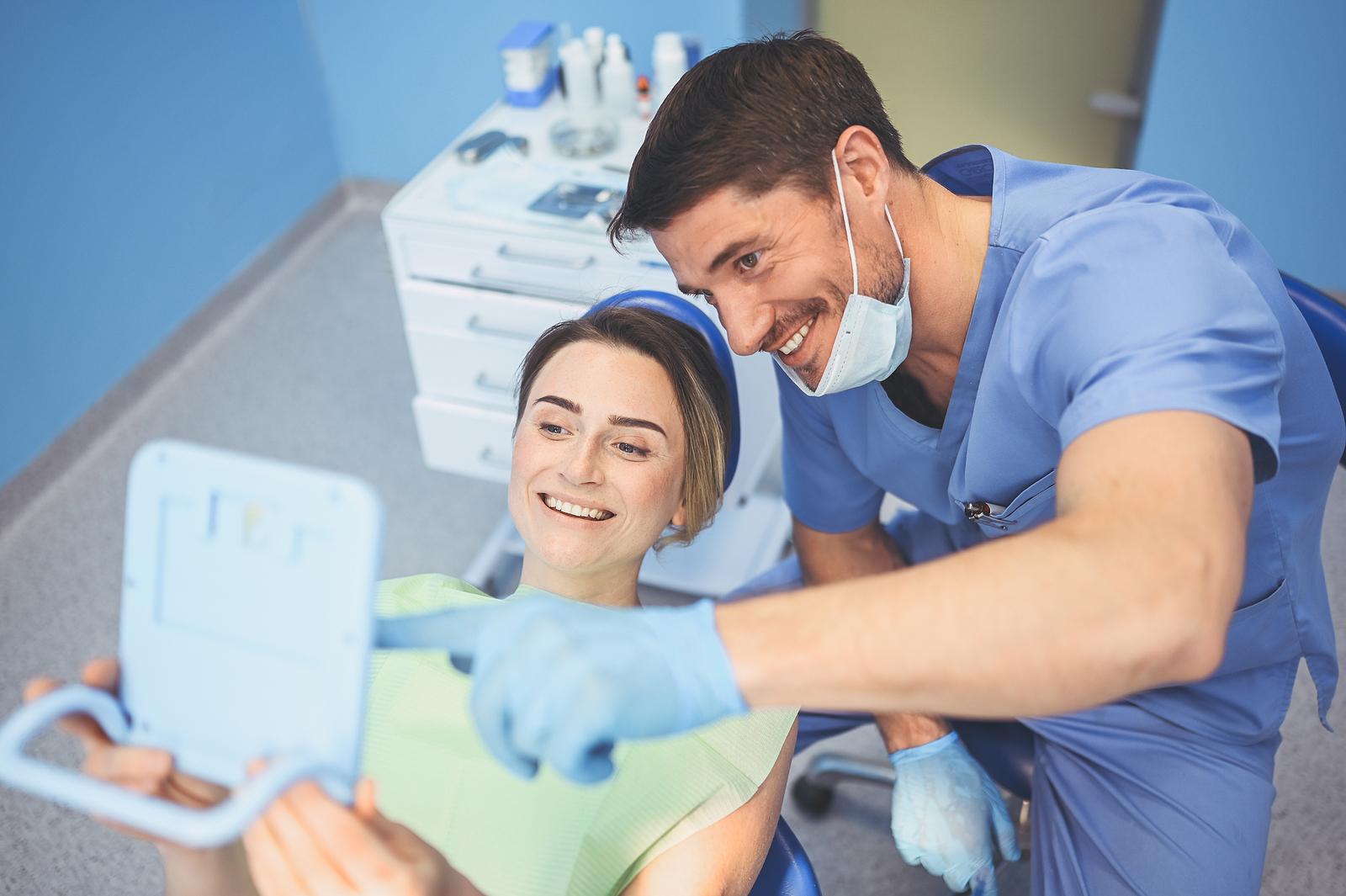
The Dental Exam: What To Expect
Today, we're diving into the world of routine dental exams and uncovering what you can expect when you visit your dentist. Regular dental exams are more than just a quick check-up – they play a crucial role in maintaining your oral health and overall well-being. So, whether it's been six months or several years since your last dental visit, let's explore why these exams are important and what exactly happens during them. Get ready to flash that winning smile as we take you on a journey through the ins and outs of a routine dental exam!
Why Regular Dental Exams Are Important
Regular dental exams are essential for maintaining optimal oral health. These exams allow your dentist to assess the overall condition of your teeth, gums, and mouth, catching any potential problems before they become major issues.
One of the key reasons why regular dental exams are important is because they help prevent the development of tooth decay and gum disease. During these examinations, your dentist will thoroughly clean your teeth and remove any plaque or tartar buildup that may have accumulated since your last visit. This not only improves the appearance of your smile but also helps prevent cavities and gum inflammation.
Furthermore, routine dental exams enable early detection of oral health issues such as oral cancer. Your dentist will carefully examine your mouth for any signs or symptoms that may indicate a problem. Catching oral cancer in its early stages greatly increases the chances of successful treatment.
In addition to detecting potential problems, regular dental check-ups also provide an opportunity for education and preventive care. Your dentist can offer personalized advice on proper brushing and flossing techniques, as well as recommend specific products tailored to address any unique concerns you may have.
Remember, prevention is always better than cure when it comes to dental health! By scheduling routine dental exams every six months (or as recommended by your dentist), you can stay proactive in taking care of your teeth and gums while avoiding costly treatments down the road. So don't wait – make that appointment today!
What Happens During a Routine Dental Exam
During a routine dental exam, there are several steps that take place to ensure your oral health is in top shape.
- The first thing the dentist or dental hygienist will do is thoroughly examine your mouth and teeth using a small mirror and dental probe. They will check for any signs of tooth decay, gum disease, or other oral health issues.
- Next, they will clean your teeth by removing any plaque or tartar buildup. This is done using special tools called scalers and polishers. The dental professional will carefully scrape away the plaque and tartar from each tooth, paying close attention to hard-to-reach areas.
- After cleaning your teeth, the dentist may perform a thorough examination of your gums. They will use a periodontal probe to measure the depth of the pockets between your gums and teeth. This helps determine if you have gum disease or if there are any signs of inflammation.
- In addition to examining your teeth and gums, the dentist may also perform an oral cancer screening during a routine dental exam. They will look for any abnormal growths, sores, or discoloration in your mouth that could be early signs of oral cancer.
- X-rays may be taken as part of a routine dental exam to get a closer look at what's happening beneath the surface of your teeth and gums. X-rays can detect cavities between teeth, impacted wisdom teeth, bone loss due to gum disease, and more.
Overall, a routine dental exam involves a comprehensive evaluation of every aspect of your oral health – from checking for cavities to screening for diseases like oral cancer.
The Role of X-Rays in a Dental Exam
X-rays play a crucial role in the dental exam process. They provide valuable insights into your oral health that can't be seen with the naked eye alone. By capturing detailed images of your teeth, jawbone, and surrounding structures, x-rays enable dentists to detect potential problems early on and develop appropriate treatment plans.
During a routine dental exam, your dentist may recommend taking x-rays based on various factors such as your age, medical history, symptoms you may be experiencing, or if it's been a while since your last set of x-rays. These images help identify issues like tooth decay between teeth or below existing fillings, bone loss due to gum disease, infections or abscesses at the root of teeth, impacted wisdom teeth, and even certain types of tumors.
There are different types of dental x-rays that may be used depending on what needs to be assessed. Some common ones include bitewing X-rays, which focus on the back teeth to check for cavities and bone loss; panoramic X-rays, which capture an overall view of all the teeth; and periapical X-rays, which show one or two specific areas in greater detail.
It's important to note that dental x-ray machines emit very low levels of radiation – much less than other medical imaging techniques. Dentists take great care in minimizing exposure by using lead aprons and thyroid collars when taking these images.
Including an X-ray examination as part of a routine dental check-up allows dentists to accurately diagnose any underlying issues and provide timely treatment. So don't be surprised if your next visit includes some quick snapshots – it's all for the sake of maintaining optimal oral health!
Conclusion
Regular dental exams are an essential part of maintaining good oral health. By scheduling routine visits to your dentist, you can catch any potential issues early on and prevent them from escalating into more significant problems.
During a routine dental exam, you can expect several standard procedures. Your dentist will thoroughly examine your teeth, gums, and mouth for any signs of decay, infection, or other oral health concerns. They may also perform a cleaning to remove plaque and tartar buildup.
Remember that each person's dental needs are unique, so the specifics of your routine dental exam may vary depending on your oral health history and individual circumstances. However, by proactively attending regular check-ups with your dentist, you're taking an active role in preserving your smile.
So don't wait until there's pain or discomfort; make it a priority to schedule those routine dental appointments. Taking care of your oral health now will pay off in the long run by helping you maintain healthy teeth and gums throughout your life!
- MON - FRI9:00 am - 5:00 pm
- SAT - SUNClosed
- MON - FRI9:00 am - 5:00 pm
- SAT - SUNClosed
- MON - FRI9:00 am - 5:00 pm
- SAT - SUNClosed



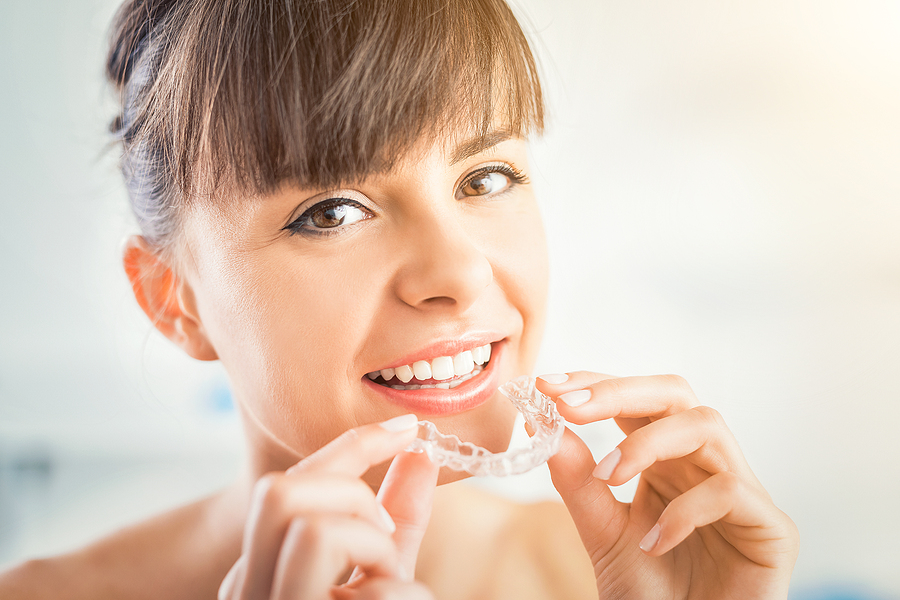
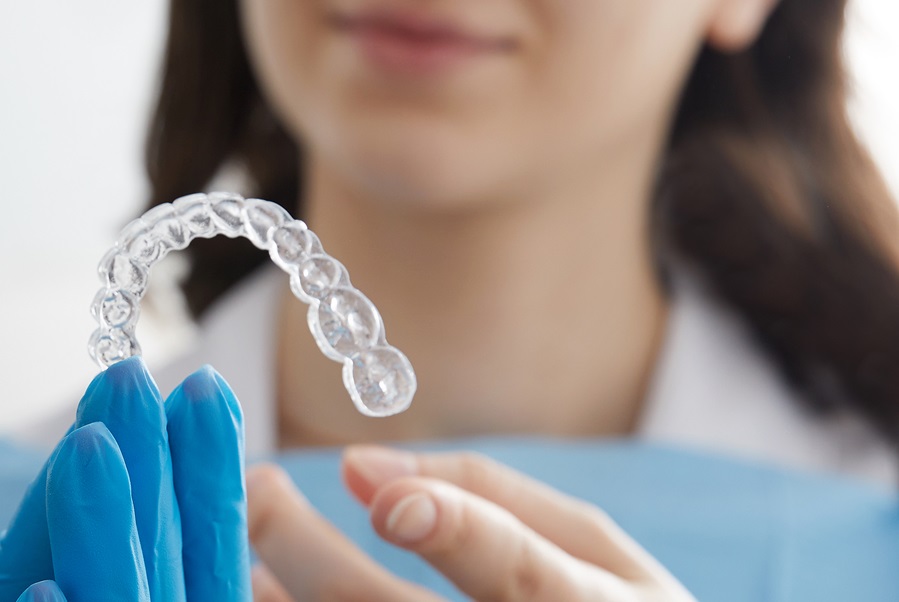
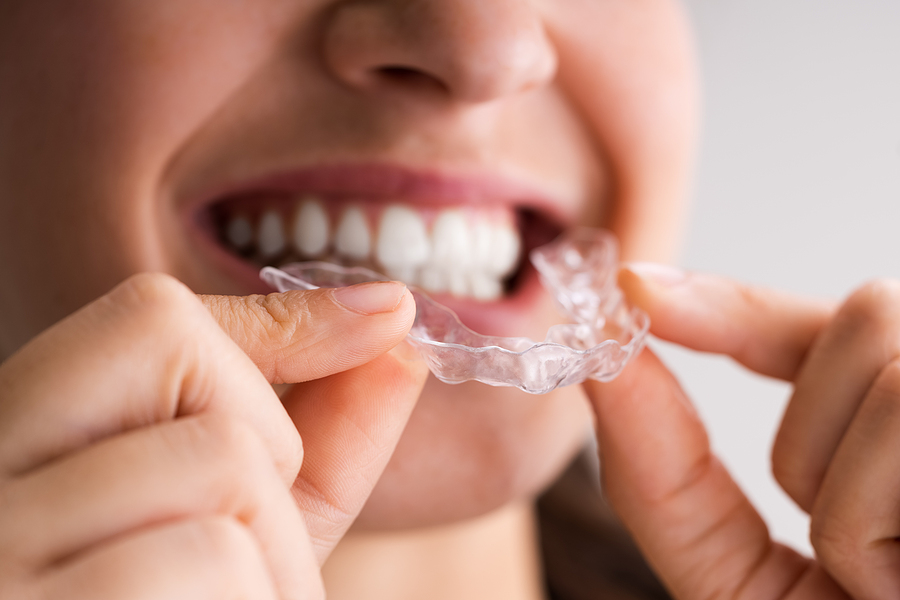
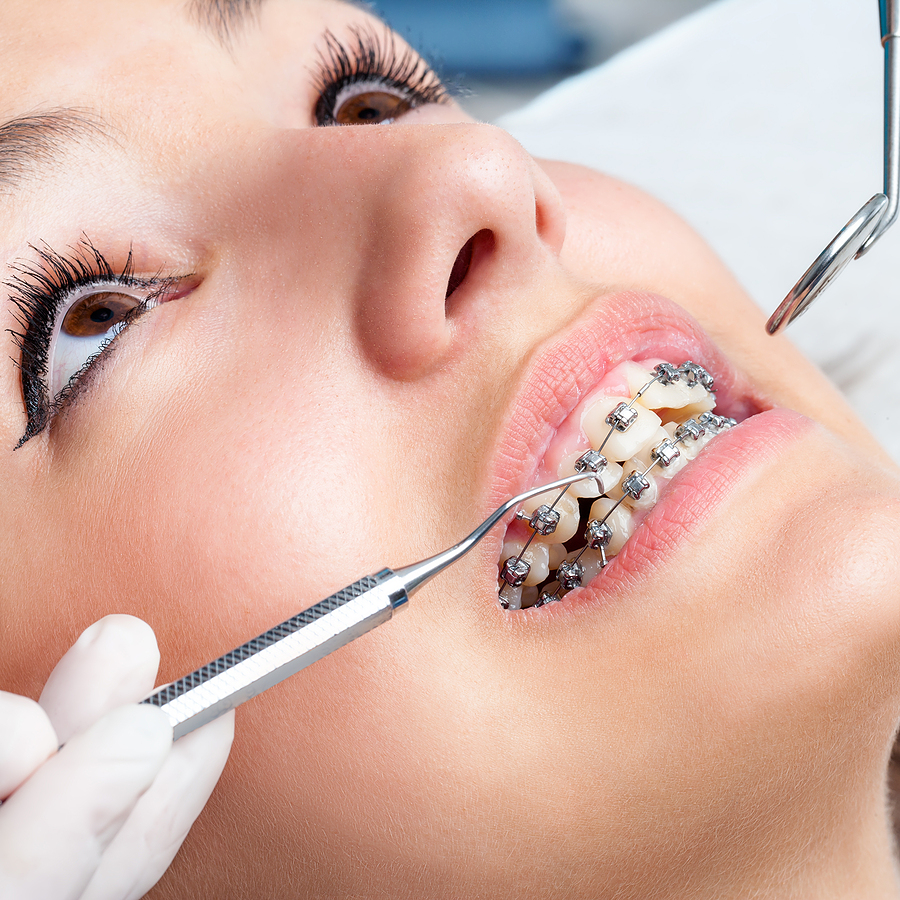
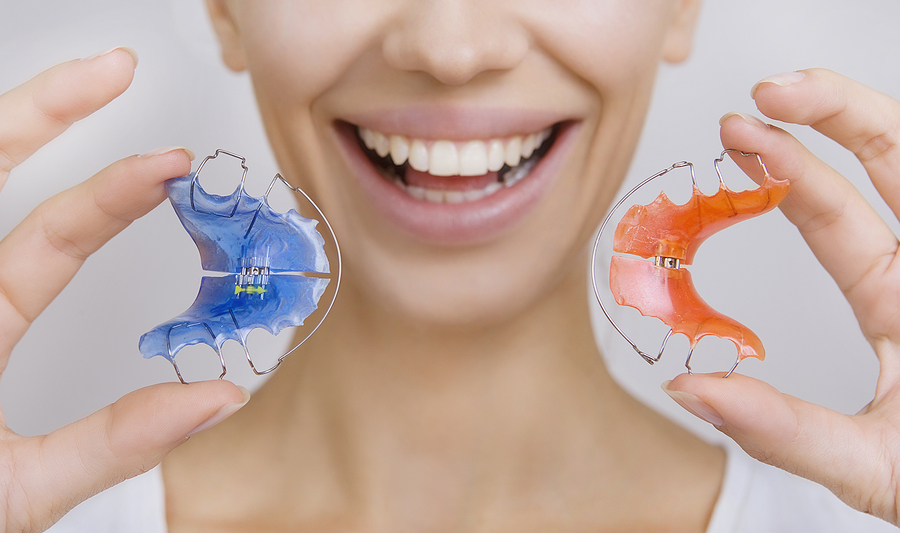


comments